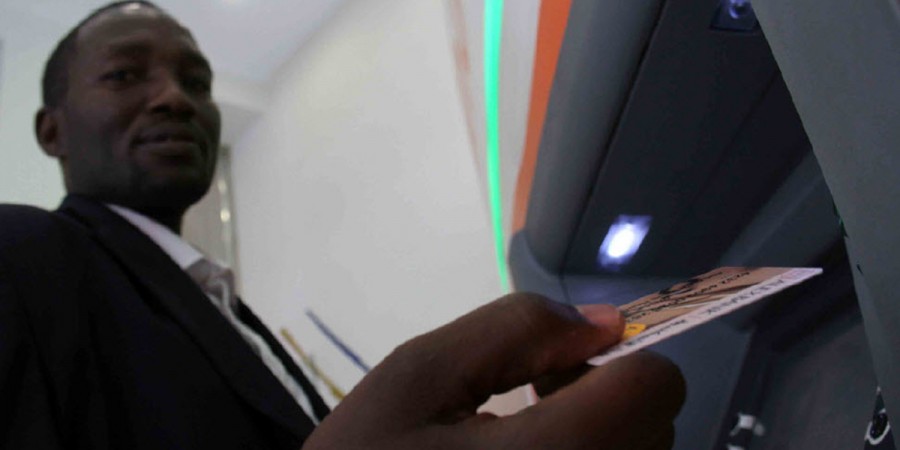Trust is the common building block of societies and economies. It dictates our ability to work together towards common purpose achieving more than we could alone, and it enables the exchange of goods, services, and benefits. In fact, commerce is nothing more than a trust network between two or more parties. Societies that successfully maintain and grow trust, thrive. When trust erodes, there is unrest and a breakdown of the societal fabric.
Tackling and solving the world’s toughest development challenges requires citizens, governments, local and global private sector and civil society to each play critical roles. Often times, these roles intersect and provide opportunities for partnership. The panacea of public private partnership as a means to tackle the world’s largest development challenges is predicated on our ability to establish, nurture and grow trust between the public and private sectors. But, while we have made great strides in opening the dialogue, we are not yet there. This may simply be my view as a representative of the private sector, but suspicion of the private sector monolith persists. It doesn’t extend to all. We don’t criticize the woman in a remote village charging neighbors’ cell phones for a small fee, we praise her entrepreneurship. We don’t lambast the grocer extending credit, and collecting interest, for daily staples, we accept the market forces at work. Why then, the stigma at scale?
Private sector builds infrastructure that enables the stability and growth of societies. Telcos enable communication across long distances. MasterCard is a digital trust network that enables banks, telcos, governments, merchants and consumers to exchange and store value securely. Consumer packaged goods companies establish extensive supply chain networks that enable the flow of food, water and other goods. These private sector institutions enable the trust network to expand to people and institutions beyond the immediate proximity of a village or town. And what enables the viability, sustainability, growth and innovation for this network is profitability. In fact, money is equally important to the sustainability of governments and NGOs and international organizations. But there seems to be an inherent distrust of money and profit especially when associated with private sector, when money is nothing but a social lubricant that facilitates the trust network. Rather, let’s equate profitability with sustainability.
In order for public private partnerships to succeed, each partner should focus on their core competency and give what they do best, in exchange for some benefit of greater value. We should seek to create a sustainable trust network with common objectives to drive efficiency and efficacy in the delivery of humanitarian assistance. Aid, by its very one-way nature, is temporary, even more so in a world of protracted crisis and donor fatigue. Sustainable commercial networks endow beneficiaries with skills and communities with capabilities that allow them to continue to grow and progress beyond the program end date.
How should we do it?
• Combine humanitarian and development budgets to invest in reusable infrastructure that can provide tools to people at points of vulnerability
• Develop new models where public funds and private sector expertise co-mingle to ensure the most positive outcome
• Hold each other accountable for results
As a unified community serving those most in need, we must own what we do. By acknowledging failure and subsequently learning from it, we guard against criticism. More importantly, we position ourselves to succeed in the future. We can succeed. You need to trust me on this.


Comments